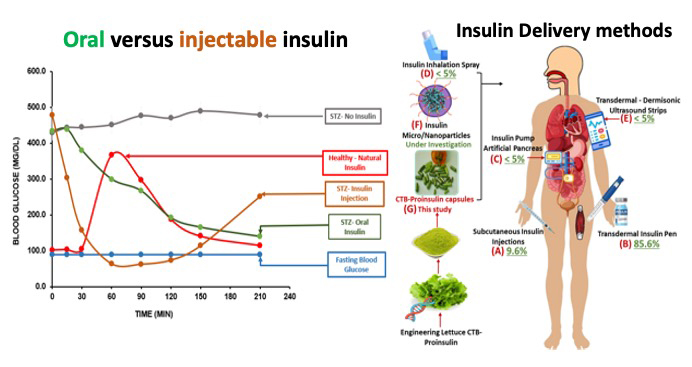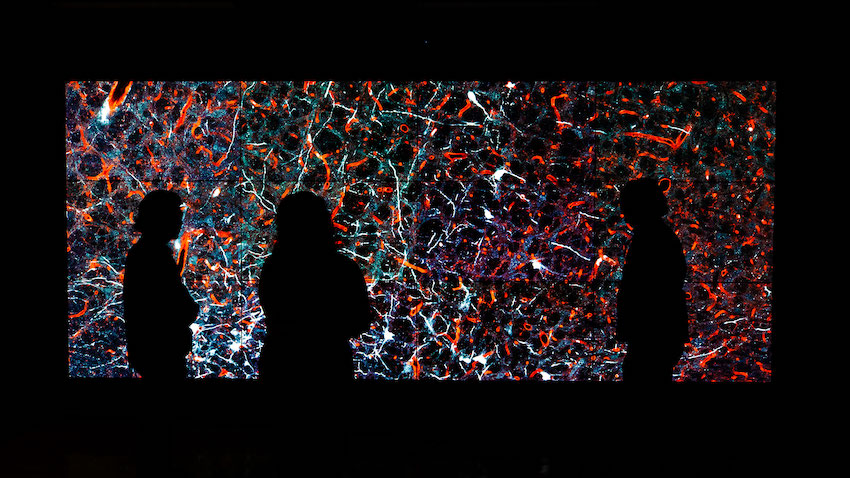
New research has discovered neurons within the brain that detect and respond to changes in the level of sugar within the bloodstream.
Understanding how this blood sugar detection system works and how these neurocircuits operate would give researchers and doctors greater insights into how our brains regulate our blood sugar, and perhaps, how to target them therapeutically to treat metabolic diseases like diabetes and obesity, according to the study authors.
The study was published June 22 online in Diabetes.
“We’ve known for a long time that many neurons can detect sugar locally within the brain,” said Dr...
Read More









Recent Comments